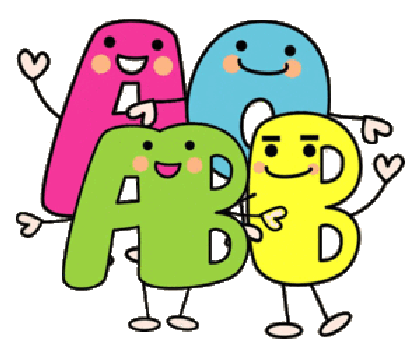Everyone has a blood type, and a blood transfusion for a patient is usually from the same blood group. However, in an emergency, if that blood type isn't available a patient can be given a different, compatible one.
Blood types are categorised as follows:
Type B: Type B blood is compatible with types B and AB. Only approximately 10% of Australians have type B blood, making it one of the rarest blood types.
Type A: Blood type A donations can help people with type A and AB blood. Around 3% of Australians have type A blood, so it's in constant demand.
Type O: A type O donation can help people with any blood type (0, A, B or AB). The most common in Australia with 49%of people belonging to this blood type.
Type AB: Can be used only for other AB recipients, making it a precious resource. Only 3% of Australians have blood type AB.
In addition to your blood type, your blood cells may have a distinctive rhesus antigen - a molecule that can trigger a potentially dangerous immune response. Your blood is either rhesus (Rh) positive or Rh negative. Rh status is typically indicated with a plus or minus sign after your blood type, for instance A+ or B-. lf your blood is Rh positive, it can be given only to others that are Rh positive, too. Rh negative blood can be given to Rh positive recipients, as long as it's a compatible blood type.

No comments:
Post a Comment